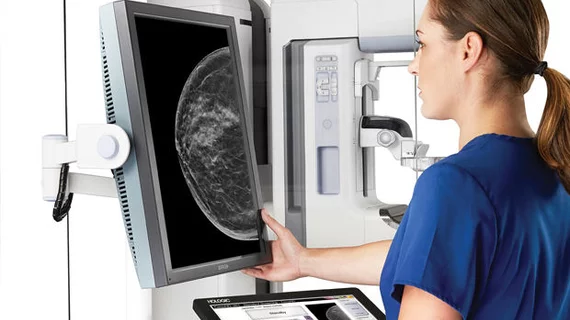Active surveillance of cancer won’t expose docs to malpractice
Active surveillance of low-risk cancers that are unlikely to cause harm is a growing and effective management strategy for early-stage cancers, according to the National Comprehensive Cancer Network. But the specter of malpractice might be keeping some physicians from going that route.
A new study from researchers at Cedars-Sinai Medical Center should put minds at ease, however, that the conservative management approach will not result in litigation when guidelines are followed, as the authors found no evidence in the past 30 years of a successful malpractice litigation for active surveillance across five different cancer types.
"This data should bolster physicians' confidence in recommending active surveillance for their patients when it is an appropriate option," Timothy Daskivich, MD, co-author of the study and assistant professor of surgery at Cedars-Sinai, says in prepared remarks.
“In fact, in some cases, physicians were sued because they didn't offer active surveillance," added Daskivich.
Findings were published in the April issue of the Annals of Surgery.
Collaborating with Samuel Chang, JD, of Athene Law LLP in San Francisco, the Cedars-Sinai researchers scanned for active surveillance-related malpractice cases in the Westlaw Edge and LexisNexis Advance databases dating from 1990 to 2022. The analysis included thyroid cancer, prostate cancer, kidney cancer, breast cancer and lymphoma.
Only five cases total could be tied to active surveillance, all involving prostate cancer. Two of the cases were eventually ruled to be appropriate to the standard of care. The three other cases all alleged physician negligence for not explicitly recommending active surveillance after patients experienced complications from surgery. All of those cases were also resolved in favor of physicians after defendants produced documentation of informed consent.
"Active surveillance maximizes quality of life and avoids unnecessary overtreatment, and it does not increase medicolegal liability to physicians, as detailed in the case dismissals identified in this study,” Daskivich says.

